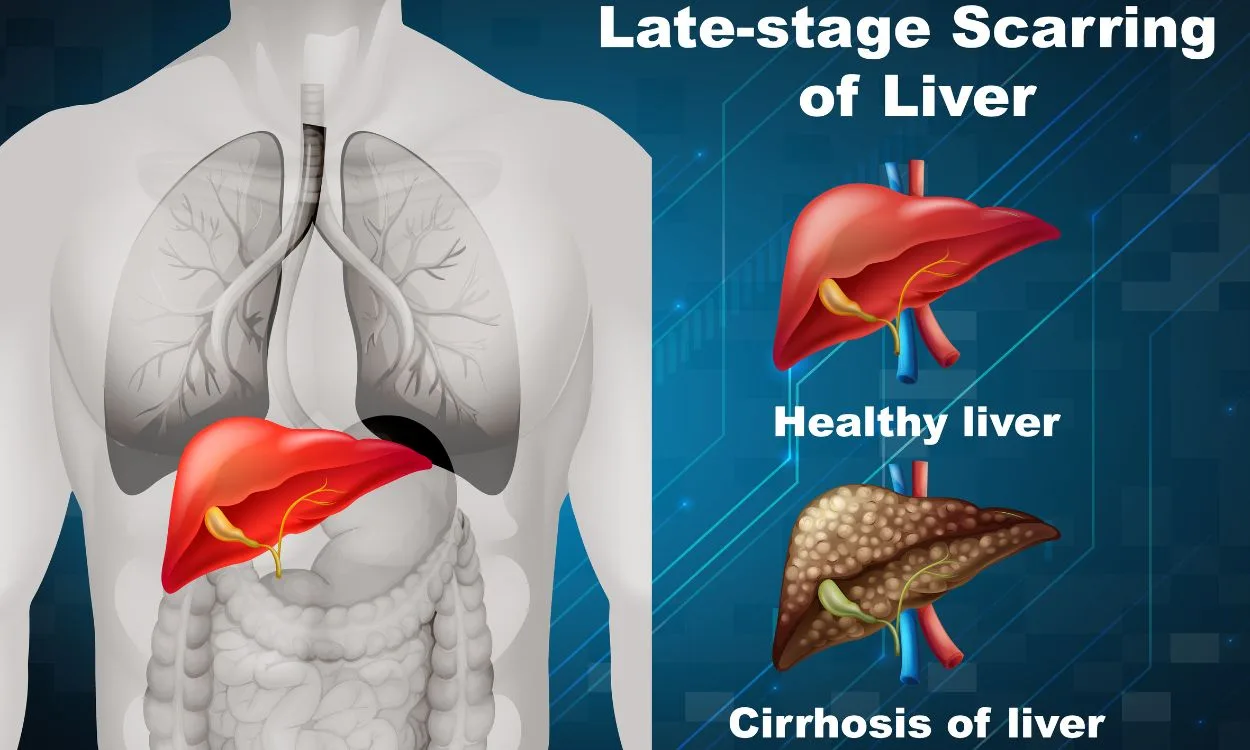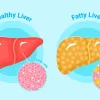Can Fatty Liver Lead to Liver Failure?
Introduction:
Fatty liver, also known as hepatic steatosis, is a condition characterized by the accumulation of excess fat in the liver cells. This condition can be caused by various factors, including obesity, excessive alcohol consumption, certain medications, and medical conditions such as diabetes and high cholesterol. While fatty liver is generally considered harmless and reversible, in some cases, it can progress to a more severe condition called liver failure. In this article, we will explore the relationship between fatty liver and liver failure, its causes, symptoms, and preventive measures.
Causes of Fatty Liver:
- Obesity: Being overweight or obese is one of the primary risk factors for developing fatty liver. Excess body fat can lead to the accumulation of fat in the liver.
- Alcohol Consumption: Regular and excessive alcohol consumption can cause alcoholic fatty liver disease. The liver metabolizes alcohol, and excessive intake can overwhelm its capacity, leading to fat accumulation.
- Diabetes and Insulin Resistance: People with diabetes or insulin resistance are more prone to developing fatty liver. The increased levels of insulin in the blood can contribute to fat buildup in the liver.
- High Cholesterol and Triglycerides: High levels of cholesterol and triglycerides in the blood can increase the risk of fatty liver. These fats can be deposited in the liver cells.
- Medications and Toxins: Certain medications, such as corticosteroids and tamoxifen, and exposure to toxins like pesticides and chemicals can cause fat accumulation in the liver.
Progression to Liver Failure:
While fatty liver itself may not cause symptoms or complications, if left untreated, it can progress to more severe liver conditions, including liver failure. Liver failure is a life-threatening condition in which the liver loses its ability to function properly. The following factors can contribute to the progression of fatty liver to liver failure:
- Inflammation and Liver Fibrosis: In some cases, fatty liver can lead to inflammation of the liver (non-alcoholic steatohepatitis, or NASH) and liver fibrosis. Over time, this can result in the formation of scar tissue, impairing liver function.
- Cirrhosis: Liver fibrosis can progress to cirrhosis, a condition in which the liver becomes severely scarred. Cirrhosis impairs the liver’s ability to perform essential functions, leading to liver failure.
- Alcohol Abuse: If fatty liver is caused by excessive alcohol consumption, continued alcohol abuse can worsen liver damage and increase the risk of liver failure.
Symptoms and Warning Signs:
In the early stages, fatty liver may not cause any noticeable symptoms. However, as the condition progresses towards liver failure, the following symptoms may manifest:
- Fatigue and weakness
- Jaundice (yellowing of the skin and eyes)
- Abdominal pain and swelling
- Easy bruising and bleeding
- Mental confusion and difficulty concentrating
Prevention and Management:
- Maintain a Healthy Weight: Losing excess weight and maintaining a healthy body weight can help prevent and manage fatty liver. Aim for a balanced diet and regular physical activity.
- Limit Alcohol Consumption: If you have fatty liver, it is crucial to limit or avoid alcohol altogether. Alcohol can worsen liver damage and increase the risk of liver failure.
- Manage Medical Conditions: Properly manage medical conditions such as diabetes, high cholesterol, and high triglycerides to reduce the risk of fatty liver.
- Eat a Healthy Diet: Focus on consuming a diet rich in fruits, vegetables, whole grains, and lean proteins. Limit the intake of saturated fats, added sugars, and processed foods.
- Exercise Regularly: Engage in regular physical activity to maintain a healthy weight and improve overall liver health.
Fitpaa: Your Partner in Achieving Optimal Liver Health:
While lifestyle modifications play a crucial role in preventing and managing fatty liver, technology-driven platforms like Fitpaa can provide comprehensive support and guidance. Fitpaa offers personalized health and fitness plans, including medical nutrition therapy, exercise therapy, and cognitive behavior therapy. By optimizing metabolism and promoting overall well-being, Fitpaa can aid in achieving and maintaining a healthy liver. Download the Fitpaa app today and embark on your journey to optimal liver health.









